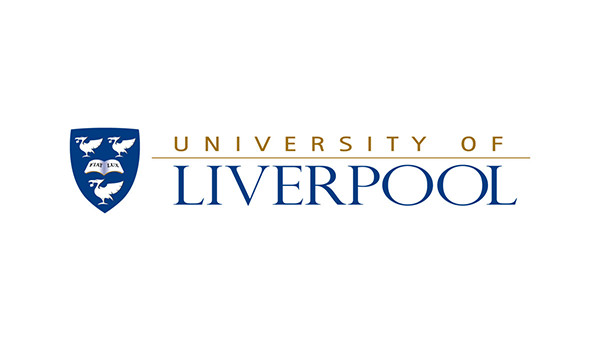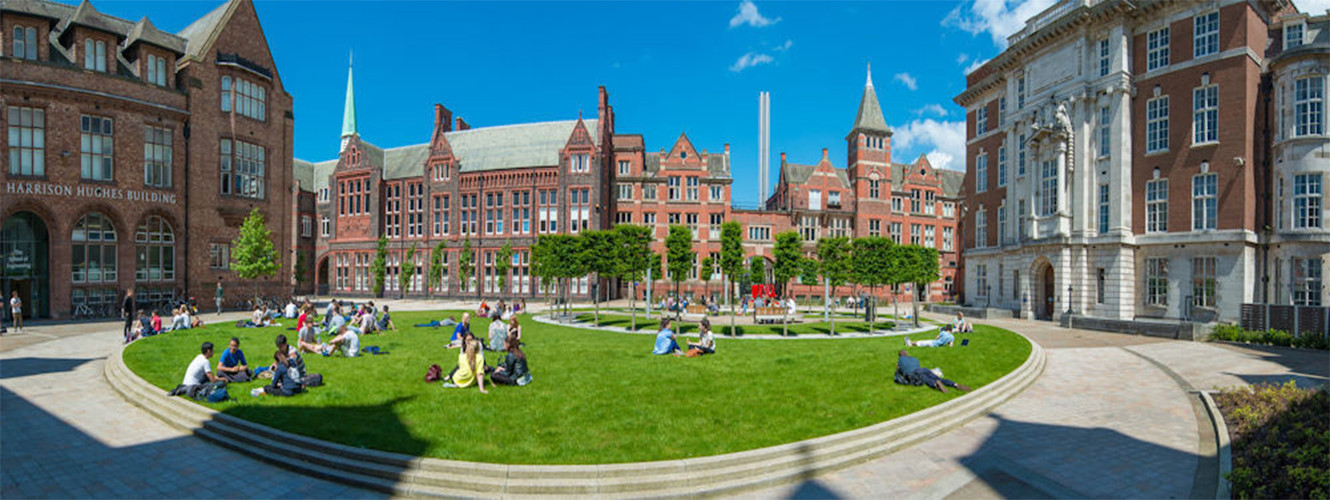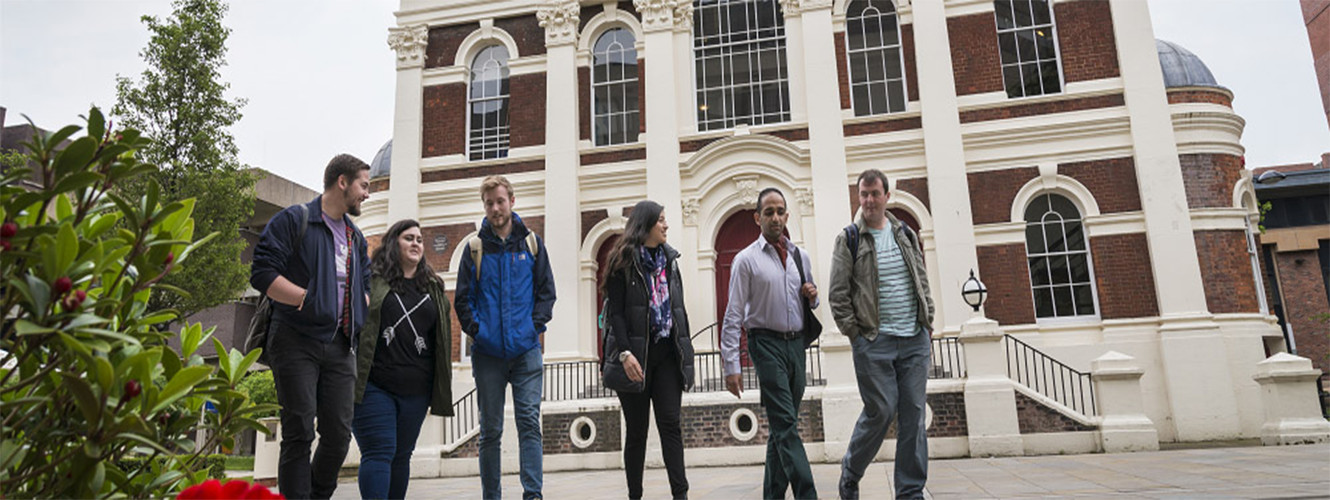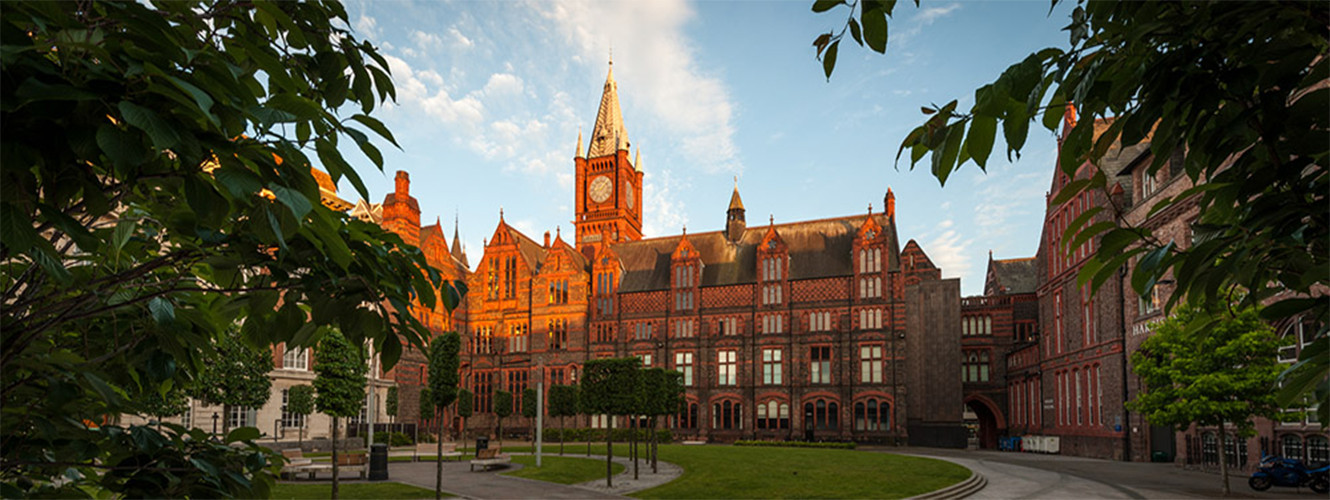UK83 BSc (Hons) Marine Biology University of Liverpool
-
THÔNG TIN CHUNG
From microscopic algae to giant whales, most of our planet’s life is found in the oceans. As a marine biologist, you will learn about the behaviour, physiology, and ecology of marine organisms. You will discover how individuals, populations and communities respond to environmental drivers such as temperature and food availability, as well as to the challenges presented by a changing climate and human interaction. You will also gain the varied skills necessary to examine the marine environment and relay your findings to audiences from the general public through to government bodies.
We produce highly employable marine biologists, trained in industry-relevant skills and modern equipment and software, and who can apply their knowledge to a wide range of fields including conservation, aquaculture, pollution and environmental monitoring.
Contemporary marine biology requires a broad set of skills, including field work, writing and presentation, and data analysis. In your first two years of study, you will develop these core skills and, in Year Three, you will take advanced modules in areas of interest to you to further develop your overall understanding and growing expertise. A core element of our teaching is fieldwork and practical experience, providing you with the hands-on skills you need to collect your own data. You will have opportunities to undertake fieldwork in the local coastal environment as well as locations such as Pembrokeshire, Scotland and Plymouth, and you will use the state-of-the-art facilities in the university’s Central Teaching Laboratories.
We also recognise the value of international experiences, and our students currently make an independent overseas study visit in the summer of Year Two, helping them develop in confidence and appreciation for global science. Past destinations include Australia, Tanzania, Ecuador and Iceland. Our students also have other opportunities to engage in international experiences e.g. through spending a Semester Abroad with one of our partner institutes.
Our research-led teaching approach allows our students to engage with up-to-the-minute science and policy in lectures, practical work, and in their independent research projects in Year Three. This is an opportunity to explore fields or skills of interest, often working on unanswered questions in marine science. Recent projects include investigating physiological data on how cormorants stay warm while diving in frigid Arctic waters, building mathematical models of coral reefs, and looking at the impacts of a wind farm on benthic communities.
You can choose modules from across the School of Environmental Sciences and from the School of Life Sciences. In each year there are topics such as climate change and ocean physics, population ecology, physiology, conservation, parasitology, microbiology, molecular biology and genetics.
-
CƠ HỘI NGHỀ NGHIỆP
Our graduates have a diverse range of careers in the following areas which include: the media, environmental consultancy, administration, academia, teaching, local and national government and international banking. Examples of recent graduate careers in the sector include: fisheries observers, surveyor, seabird research assistant, turtle conservation field leader, field assistant on mammal surveys, rangers and conducting environmental surveys for construction work. Many choose to continue their studies at master’s or PhD level on topics such as fish assemblages in mangroves, marine ecosystem responses to climate change and carbon sequestration in soils.
PROFESSIONAL RECOGNITION
Our degree is one of only a handful in the UK to be accredited by the Institute of Marine Engineering, Science and Technology (IMAREST), opening up opportunities for students and graduates of our programmes.
- ĐIỀU KIỆN ĐẦU VÀO
- ĐIỀU KIỆN NGÔN NGỮ
- HỌC BỔNG
- ĐỊA ĐIỂM
Tóm tắt
-
Phí ghi danh
0
-
Độ dài khoá học
3 năm
-
Kỳ nhập học
Tháng 9
Phí Cơ Bản
-
Loại Tiền
-
Học Phí
Trên năm -
Phí Sinh Hoạt
Trên năm -
Tổng






